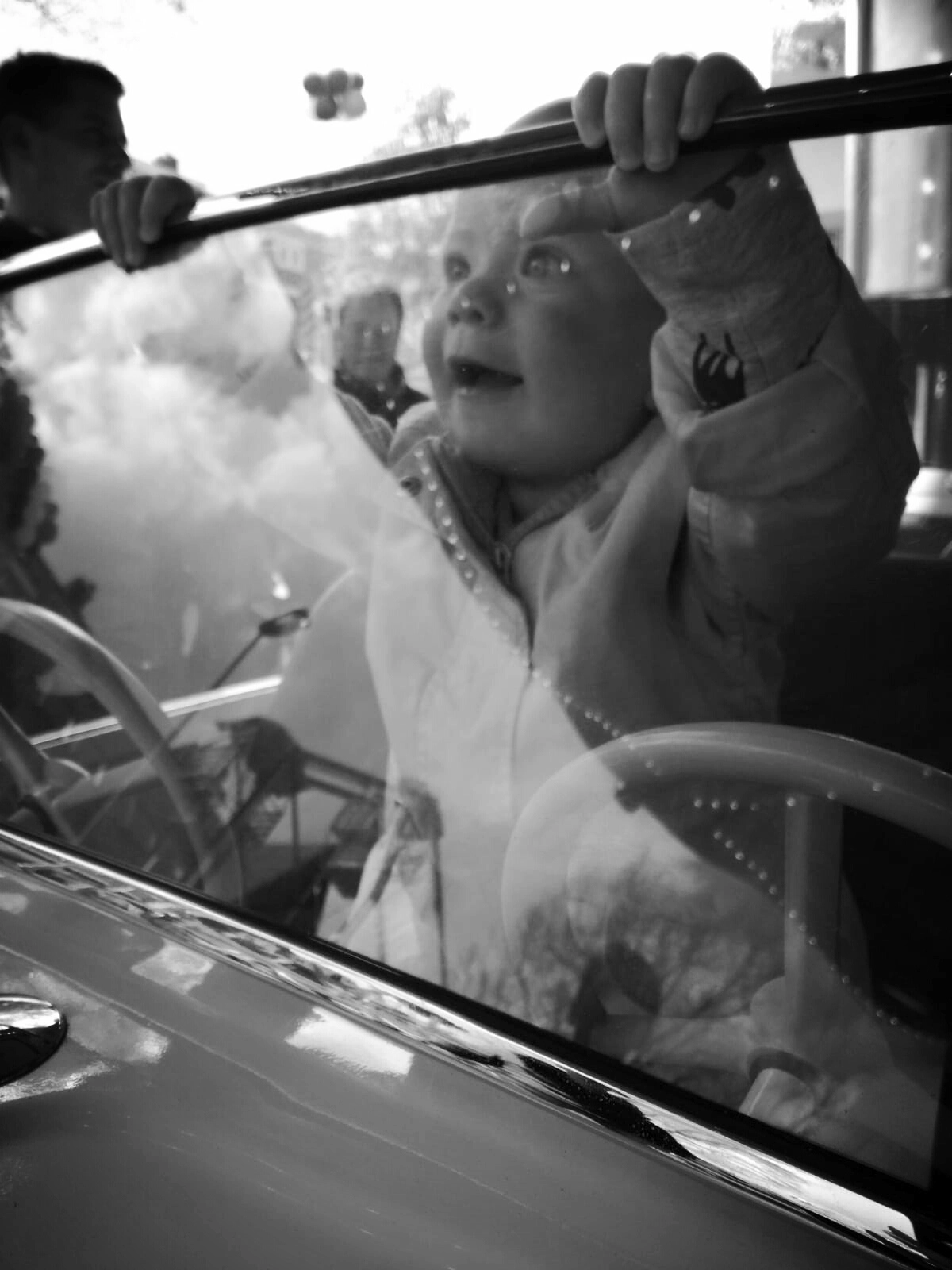 Introduction
IntroductionEarly childhood education (ECE) encompasses the period of a child's life from birth to eight years old, a critical time for cognitive, emotional, and social development. Investments in ECE can yield substantial benefits, including improved academic performance, increased graduation rates, and better social skills. This case study will explore the significance of early childhood education by examining successful programs, challenges faced, and the broader impact on society. The focus will be on a specific ECE program: the HighScope Perry Preschool Project, which has become a benchmark for examining the effectiveness of early education.
Background and Context: The HighScope Perry Preschool Project
Initiated in the 1960s in Ypsilanti, Michigan, the HighScope Perry Preschool Project was designed to provide a high-quality preschool experience for preschool-aged children from low-income families. The project aimed to evaluate the long-term effects of preschool education on children's development and overall life success.
The program was built on the principles of active participatory learning, where children are encouraged to take part in their learning process. The curriculum focused on key areas including language and literacy, math, social-emotional skills, and physical development, integrating these areas into daily activities. The program provided support not only for the children but also for their families, offering home visits and parental education classes.
Implementation and Operations
The HighScope Perry Preschool Project operated from 1962 to 1967, enrolling 123 students aged three to four. The children were divided into two groups: one that received the HighScope program and a control group that did not receive any preschool education.
Classes involved a mix of individual and group activities, allowing children to choose from a range of learning experiences. Teachers played a crucial role as facilitators, observing children's interactions, and guiding their explorations. The program also provided meal services and transportation, making it accessible for families with limited resources.
Data collection began during the project and continued for decades, tracking participants' academic performance, career trajectories, and other life outcomes. The longitudinal study allowed for a comprehensive evaluation of the program's long-term effects.
Outcomes and Findings
Twenty years after the program's conclusion, the results presented by the HighScope research team were compelling. Participants in the HighScope Perry Preschool Project demonstrated several positive outcomes compared to those in the control group:
- Educational Achievement: By the age of 27, 65% of the participants had graduated from high school compared to 45% of the control group. Those who participated in the program also showed higher IQ scores, improved literacy skills, and better readiness for post-secondary education.
- Employment and Income: The study found that program participants were more likely to have stable employment and earned significantly higher wages. At age 27, their average annual income was approximately $20,000 compared to $15,000 for their peers who had no preschool experience.
- Social Behavior and Criminal Activity: Participants exhibited better social and emotional skills, resulting in fewer instances of juvenile delinquency. Only 6% of program participants had been arrested by age 27, compared to 31% of the control group.
- Family and Community Engagement: The program not only impacted children but also their families. Parents of children who attended the program reported improved Parenting skills (smarter-0.7ba.info) and a more positive view of educational institutions.
These findings have led to substantial discussions about the role of early childhood education in reducing inequality and improving societal outcomes.
Challenges and Considerations
Despite the positive results from the HighScope Perry Preschool Project, several challenges remain prevalent in the field of early childhood education:
- Access and Equity: While programs like HighScope serve as effective models, many low-income families still lack access to high-quality ECE. Issues such as affordability, availability, and geographical disparities create barriers to enrollment in effective programs.
- Quality of Programs: Not all early childhood education programs are created equal. Variations in curricula, teacher qualifications, and funding can create disparities between programs. Policymakers and educators must prioritize comprehensive quality standards to ensure that all children receive effective early education.
- Funding and Policy: ECE programs often face funding challenges, relying on government support, private funding, and community participation. Continued advocacy for sustainable funding models is essential to maintain and expand successful ECE efforts.
- Cultural and Linguistic Diversity: As education systems become increasingly diverse, ECE programs must be adaptable to meet the needs of culturally and linguistically diverse children. Programs that embrace multicultural education and support bilingualism can strengthen outcomes for all learners.
Broader Impact of Early Childhood Education
The benefits of early childhood education extend beyond individual participants and families; they also have wider societal implications. High-quality ECE programs contribute to healthier, more productive communities by reducing long-term societal costs, such as those associated with criminal behavior, mental health issues, and remedial education.
Investing in ECE leads to a more competitive workforce. As individuals with ECE experience pursue higher education and stable employment, they contribute to economic growth, innovation, and productivity. Additionally, children who receive quality early education are more likely to become engaged citizens, participating in civic activities and contributing positively to their communities.
Conclusion: A Call to Action
The case study of the HighScope Perry Preschool Project highlights the critical importance of early childhood education in shaping the lives of children and the future of our society. The positive outcomes observed in participants demonstrate that investing in quality ECE can yield significant returns, including improved educational achievement, economic stability, and social well-being.
To harness the full potential of early childhood education, it is essential for policymakers, educators, and communities to work collaboratively to expand access, improve program quality, and ensure equitable funding. It is a moral and economic imperative to prioritize early childhood education as it plays a fundamental role in fostering a brighter future for both individuals and society as a whole.
Recommendations for Future Research and Action
- Investment in High-Quality ECE Programs: Policymakers should advocate for increased funding and resources to support the development and expansion of high-quality early childhood education programs, particularly in underserved communities.
- Comprehensive Quality Standards: Establishing and implementing rigorous quality standards for ECE programs will ensure that children receive optimal learning experiences. These standards should focus on curriculum, teacher qualifications, class size, and parental involvement.
- Evaluate Diverse Approaches: Future research should explore the effectiveness of different early childhood education models, particularly those that address the needs of diverse populations, to inform best practices and improve program design.
- Engage Families and Communities: Programs should prioritize partnerships with families and communities, recognizing their critical role in supporting children’s learning and development. Community engagement strategies can enhance the effectiveness of ECE by building trust and fostering collaboration.
- Advocacy for Lifelong Learning: Promoting a cultural shift that values education from an early age and emphasizes lifelong learning will ensure that society recognizes the significance of investing in our youngest citizens.
In conclusion, early childhood education is a vital investment with profound implications for children's futures and society as a whole. The lessons learned from the HighScope Perry Preschool Project, coupled with ongoing advocacy and commitment to improvement, can lead to a brighter future for all children, regardless of their background.




